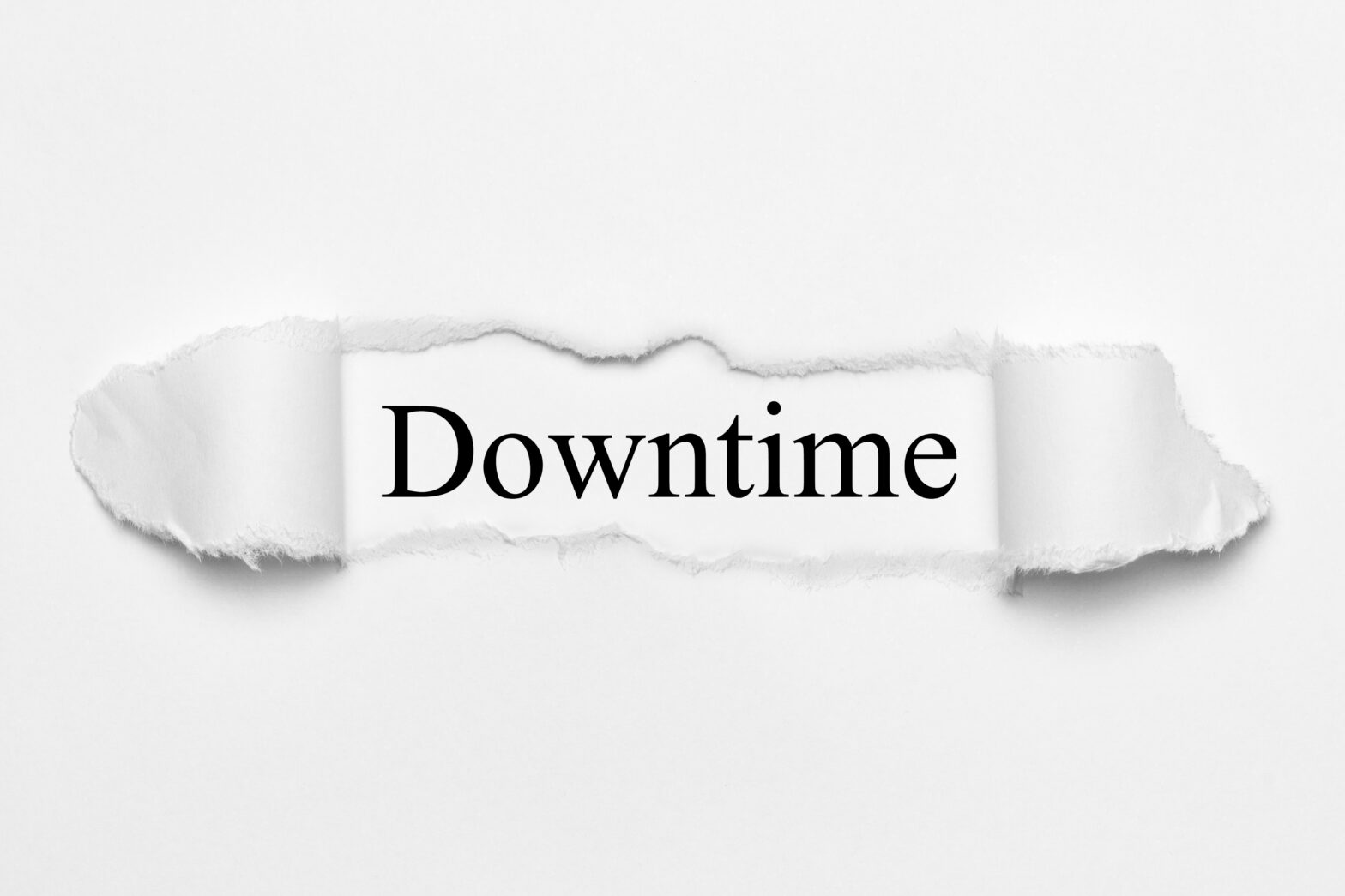In business, as in life, keeping busy provides us with a sense of purpose, progress and comfort that things are moving forward. So, when an opportunity for quiet reflection or solitude arises, perhaps it’s not surprising that some of us find the prospect uninviting. Indeed, it seems that many of us prefer doing anything to the doldrums of doing nothing.
To illustrate this, in a study led by Professor Timothy Wilson from the University of Virginia, American college students were asked to spend up to 15 minutes alone in a quiet room (without their phones or other distractions) and to use this time ‘entertaining themselves with their thoughts’.
Questioned afterwards how enjoyable they found the experience, most said that they did not enjoy it. They also found it hard to concentrate on the task and their minds wandered despite the fact that nothing was competing for their attention.
Closer to home, you only need to observe the number of people gazing into their mobile phones while they wander along the high street to realise how many of us seem to be driven to fill the ‘void’ with something.
Thankfully, for most of us, our work and working environments provide plenty of stimulation but, inevitably, there are times when business life quietens down – whether that’s when daily demands drop because half the world’s on holiday or simply an afternoon when phones and emails go quiet. So how can quiet times be used to a business’ advantage?
Do something different
Time is money and, understandably, it’s not desirable having employees with nothing to do. Should this occur it may be worthwhile doing some work ‘shadowing’, giving employees (or even you yourself) a better understanding and appreciation of others’ roles within the business.
It can be surprising how little employees know about their colleagues’ day-to-day roles and responsibilities yet such a simple step can help build rapport, promote knowledge-sharing and ultimately strengthen the business and relationships within it.
Make downtime your own-time
There’s much to be said for pausing for metaphorical air. We live in an age of ‘always on’ and, when we’re not full steam ahead at work, we’re often knee-deep in domestic chores, family diversions and excursions and, of course (wittingly or unwittingly), absorbing news and messages for as long as our ever-tiring eyes stay open.
So why not use a bit of down time for rejuvenation? Healthy ‘me time’ habits – whether going for a walk or doing some light exercise – can boost our wellbeing and energy levels. And don’t just keep it to yourself – encourage your staff and colleagues to do the same as and when they get the chance.
Minding the gap
You can use a period of quiet to explore being present and being more curious about your boredom thresholds. Perhaps try mindful breathing exercises, for example, to help bring your mind into the present moment. There’s no hard and fast rule at play here. You can generally practise mindful breathing anytime and anywhere and, by focusing on being in the present moment, you can tune into the experience and reap its benefits.
We shouldn’t, therefore, see quieter periods in our professional or business lives as a threat. For while they may be fleeting, nonetheless they present a golden opportunity to think – and do – something different to benefit yourself, your people and your business.
Dr Mark Winwood is director of psychological services for AXA PPP healthcare





